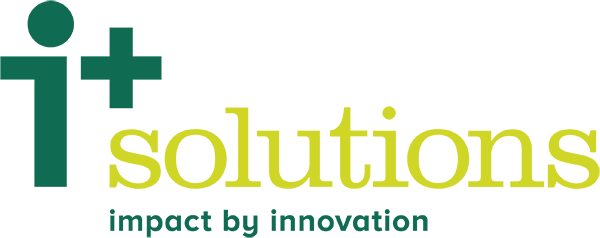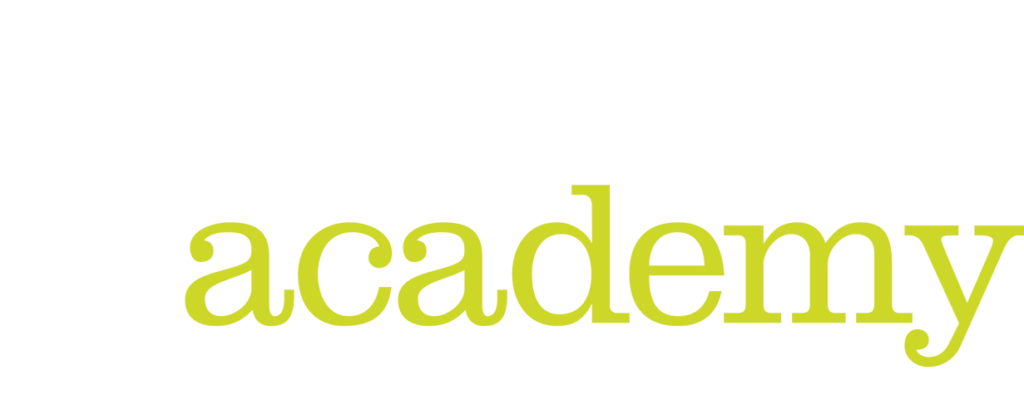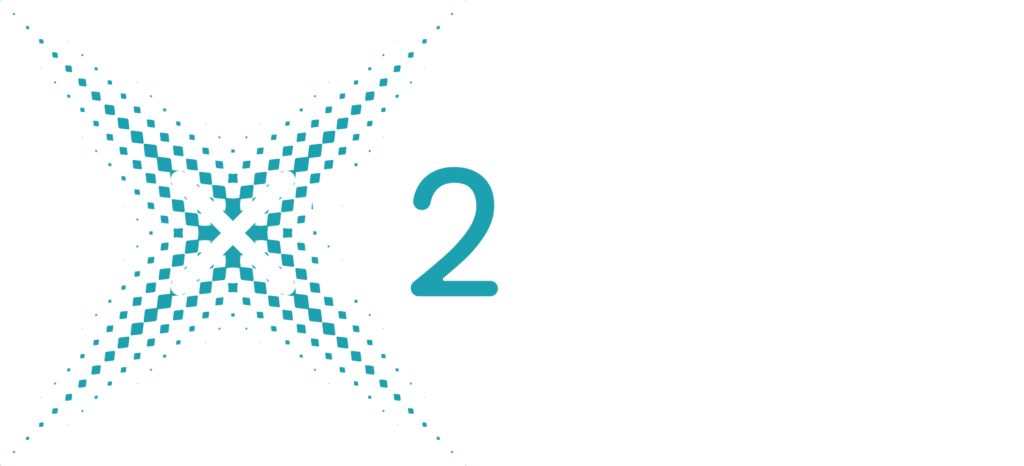In 2015 the Global Fund launched three large task orders for Nigeria. The purpose was to bring the vertical supply chains for HIV, TB, Malaria and Reproductive Health under control and to integrate them.
One of these task orders, focused on integrating the mechanisms of data gathering, management of supervi-sion and last mile delivery planning in the vast territory of Nigeria, was assigned to a consortium, managed by i+Solutions, consisting of local and international partners – Sustainable Healthcare International (SHI), Kronslev, University of Benin (UNIBEN) & Pharmaceutical Systems Africa (PSA).
Five years later, we are proud to tell our story about the establishment of an organization across Nigeria which did not exist at the time, and the creation of a new institution, state by state, Local Government Area (LGA) by LGA.
The health system of Nigeria in 2015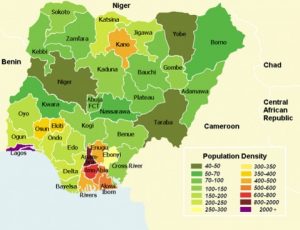
Nigeria has a population of approximately 200 million people, living in 36 states.
It is a country with a federal state structure where each state has substantial independence.
There are 774 LGA’s and about 32,000 health facilities. The country is vast and regions vary in density of population, level of urbanization and cul-tural traditions. Most of Nigeria’s health indicators are low as compared to GDP.
The challenge
The main health programs, being HIV, TB, Malaria, Vaccines and Reproductive Health, have been centrally managed, with a big input of donor funding, at the Ministry of Health in the federal capital Abuja. Supply of essential medicines to public hospitals is organized through the state Central Medical Stores operating a re-volving drug fund which procures and sells pharmaceuticals to public health facilities. This centralized man-agement of the health supply chain created little ownership at state level and below, thus creating a big chal-lenge for both management of products and obtaining good data.
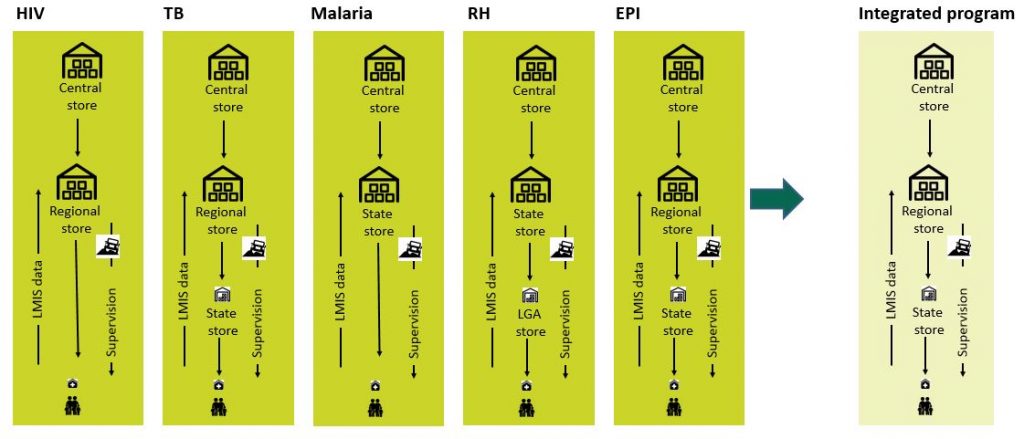
Each health program was in principle operated separately via allocated individual coordinators in each state and individual coordinators at LGA level. Each of the programs was supported by individual contractors working for the government of Nigeria and co-funded by donors such as USAID, GAVI, the Global Fund and UNFPA. These contractors developed separate data collection and separate product distribution mechanisms to facilitate supply to health facilities. The whole system was very much vertically organized and without co-ordination especially at the state level.
The purpose of the project
The Global Fund supported Nigeria Supply Chain Integration Project (NSCIP) of 2015 was aimed at enhancing (cost)-efficiency and effectiveness by integrating systems and coordinating actions. The project addressed both the combined collection of data across all health programs from the health facilities and the creation of coordination of warehousing and transportation at LGA, state and federal levels.
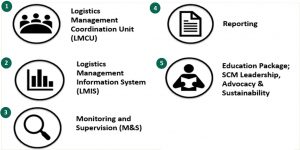
The creation of LMCUs
The philosophy behind the NSCIP solution was to create a unit in each state and in each Local Government Authority (LGA). These units are named Logistics Management Coordination Units (LMCU). The LMCU is a physical unit inside the State Ministry of Health where all the health programs are coordinated and managed together. Staff of the LMCU is paid out of state budget, thus increasing ownership of the state. In practice this means that central and state resources are combined.
To do this, we had to sell the idea to both the Vertical Program offices managed centrally from Abuja and to each individual state in Nigeria. This implied talking to and visiting the State Ministries of Health, agreeing on where the LMCUs would ideally be located and how they should be part of the state administration.
The purpose of the LMCU was to fully coordinate data collection and supervision of the various health pro-grams, and sharing competences and knowledge within forecasting and quantification, warehousing, trans-portation and audit, thus making it possible to get more done with the same resources and learning from each other. This also created a more resilient solution for each vertical program, as it would no longer de-pend upon one single individual in the state.
The creation of an integrated LMIS
Another part of the project was the creation of an aligned digital LMIS. This involved at first lengthy discus-sions with all the vertical programs centrally. We had to compare their existing paper based LMIS systems and to agree with them on where they could compromise and rationalize them, so we could create common forms and a common digital LMIS for all health programs.
Secondly we went on to set up a temporary solution in spreadsheets to finally integrate the LMIS solution in-to the Navision LMIS for the Vaccine program. This solution is running today.
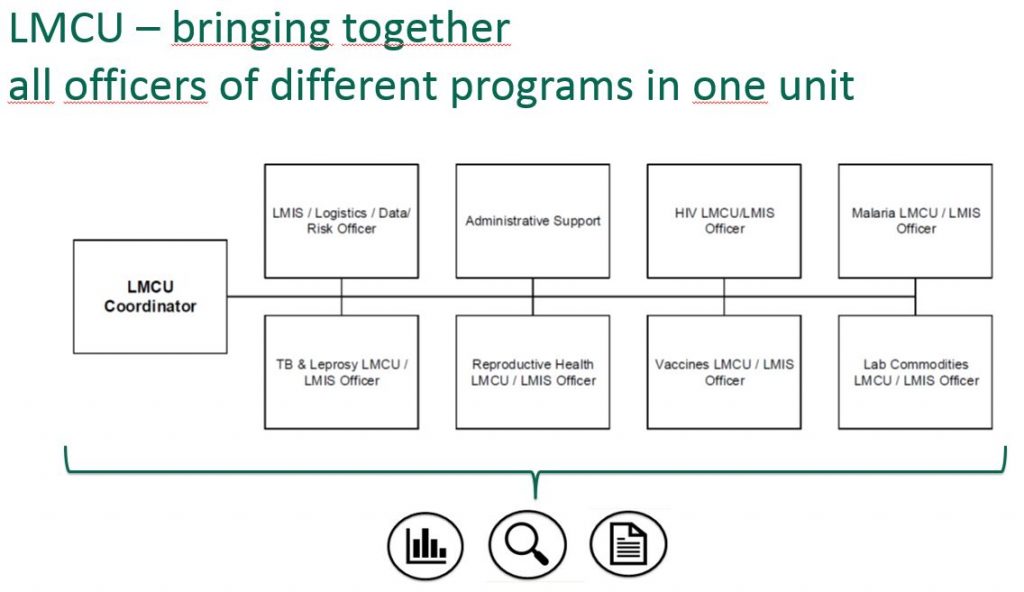
The implementation
The full roll out took place through hiring change agents and placing them at each newly created LMCU. We used these change agents to train the staff of the LMCU and to assist in the roll out of the LMIS solution.
Three years later, LMCUs have been established as an institution and NSCIP is operating a national LMIS at a federal level for gathering data from HIV, Malaria, TB, and Reproductive health programs, whilst also working on adding more programs to the list. There is a lot more work to be done, but within the LMCUs, there are methods and Standard Operating Procedures in place. Also the key tool, the LMIS is operated as the tool to manage product flows.
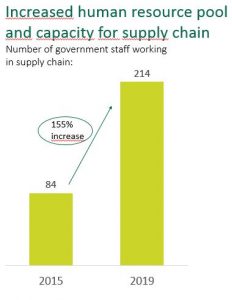
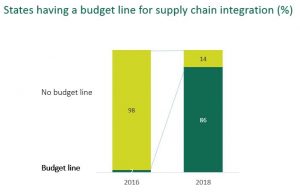
The success factors
The key factors of success in the establishment of the LMCUs were the full and uncompromised backing from the federal government of Nigeria and the close dialogue between the Ministries of Health, the service providers and the Global Fund. We had a clear set of deliverables and targets and access to all health pro-grams. We closely monitored the overall change process and LMCU organizational and institutional maturity in particular and were able to adjust the organization of the project in view of any challenges that came our way.
The way forward
As to the future of the Nigeria health supply chain, with the LMCUs established and functioning at the state level and in many LGAs, and with the NSCIP project coordinating data centrally, much work still remains to be done. Nigeria is currently in the process of working out how to continue on this path and how to reach fi-nancial sustainability for the project.
